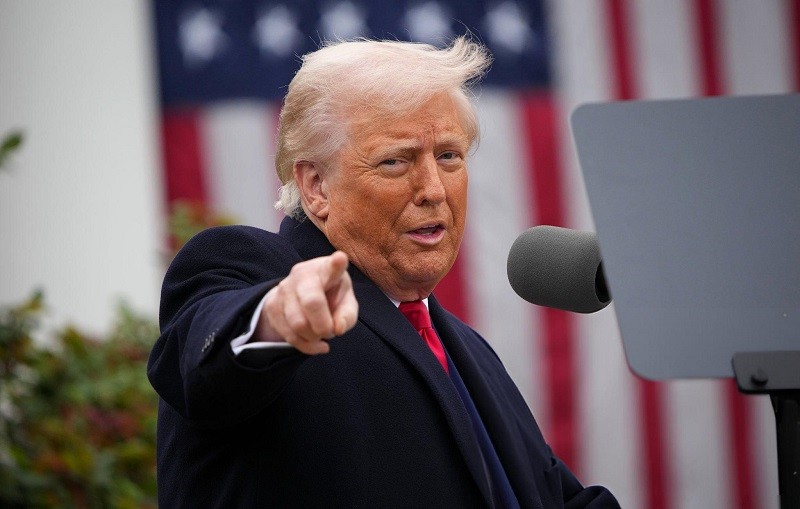
Washington, D.C. – In a significant blow to President Donald Trump, the Supreme Court issued a 7-2 ruling late on April 18, 2025, blocking the administration from deporting foreign nationals under the 1798 Alien Enemies Act. The unsigned order, prompted by an emergency appeal from the ACLU, ensures that a group of Venezuelan men, accused of ties to the Tren de Aragua gang, cannot be removed until they have a “meaningful opportunity” to contest their deportations in court. Justices Clarence Thomas and Samuel Alito dissented.
The decision follows Trump’s March 15 invocation of the Act to deport over 260 Venezuelans to El Salvador’s CECOT prison, despite a restraining order by U.S. District Judge James Boasberg. Trump labeled the gang a terrorist group engaged in “irregular warfare,” justifying the wartime law, last used during World War II to intern Japanese Americans. The Supreme Court’s earlier April 7 ruling had allowed deportations but mandated due process, a requirement the ACLU argued Trump ignored by planning further removals. On April 18, reports of men being loaded onto buses in Texas spurred the Court’s intervention, just hours after the 5th Circuit dismissed a similar challenge.
The ruling reinforces the Court’s commitment to judicial oversight, ensuring deportees can file habeas corpus challenges. ACLU attorney Lee Gelernt called it a “huge victory” for due process, especially given concerns over El Salvador’s prison conditions and claims that many deportees, often identified by tattoos, had no U.S. criminal records. Critics, including Justice Sonia Sotomayor in prior dissents, have warned that the administration’s actions threaten the rule of law.
On X, reactions are sharply divided. Users like
@GenerationX7171 hailed the ruling as a “win for voters,” while
@NicoyaLuna decried it as proof Trump “has no power,” calling the U.S. a “joke.”
@DoxTheWallet emphasized the Court’s role as a co-equal branch, countering Trump’s narrative of unchecked authority. The Justice Department, which had defended the deportations through Attorney General Pam Bondi, is expected to seek further review.
The decision could force a major rethink of Trump’s deportation strategy, requiring individual court challenges that may delay removals. It also raises questions about those already deported, like alleged MS-13 member Kilmar Abrego Garcia, whose return the Court previously ordered. For now, the ruling underscores the limits of executive power in immigration policy, prioritizing due process over rapid enforcement.


